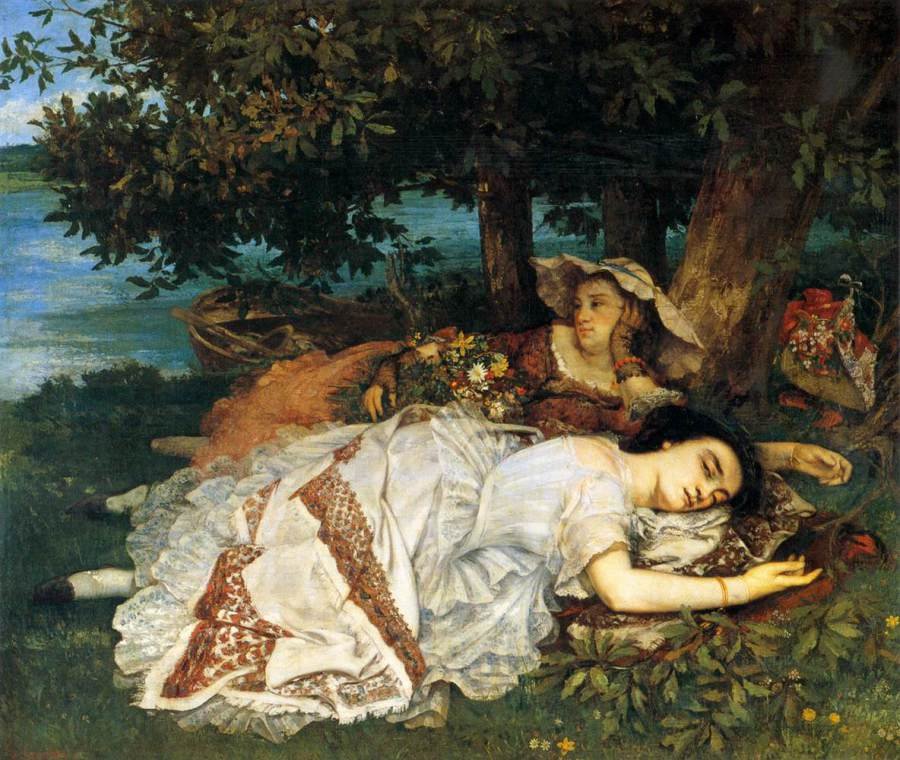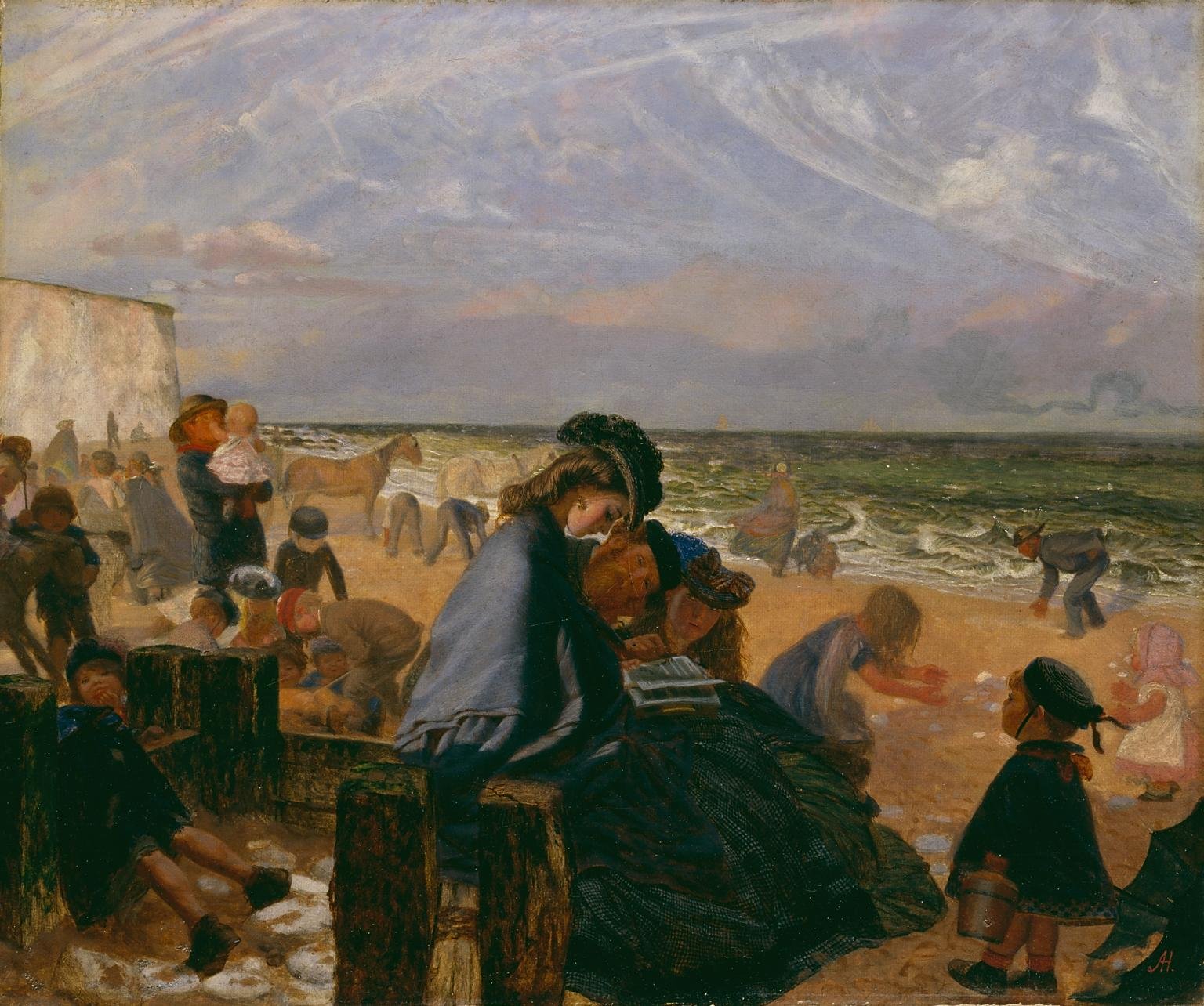March: objects in places
What a weird month, spring and then not spring. My theme for this month has been: objects in places.
Arranging Things: A Rhetoric of Object Placement (Leonard Koren, 2003)
Bristol Light Festival (curator Katherine Jewkes, full credits here, 2022)
Sculpture in the City (artistic director Stella Ioannou, full credits here, 2021-22)
At the start of this month Terry and I went to the Bristol Light Festival, a bunch of light-based artworks on show for a week around the centre of Bristol. And at the end of the month we walked around the Sculpture in the City trail, a bunch of sculptures around the western part of “the City”, that little square mile in the middle of London where they keep the bankers.
Read More
February: journeys
February! This month I barely went more than twenty minutes’ walk away from home, so I guess it makes sense that I spent a lot of time thinking about travelling and moving around, and eating, and eating specifically as a component part of travelling. I particularly enjoyed:
My Year of Rest and Relaxation (Ottessa Moshfegh, 2018)
Star Trek Voyager (1995-2001)
I Wonder As I Wander (Langston Hughes, 1956)
Random Restaurant Bot (Joe Schoech, 2021)
Il viaggio del veliero (C.S. Lewis, 1952, trans. Chiara Belliti)
Read More
January: sleeping and figuring things out
Last month, I read a bunch of books from the 1860s and played a game set in the 1860s and it all felt very coherent. “Ah,” I thought, “maybe I should write a little bit each month about art I liked, or disliked in a way I find interesting! Perhaps I will do this for a year! Perhaps every month will have its own theme!” Well, this month, I particularly enjoyed, or thought a lot about:
Eve’s Hollywood (Eve Babitz, 1974)
After Claude (Iris Owens, 1973)
The Parker Inheritance (Varian Johnson, 2018)
Essays Two (Lydia Davis, 2021)
Born To Die (Lana Del Rey, 2012)
Caprisongs (FKA twigs, 2022)
I guess there’s a little intermittent thread of sleepy beautiful women? Whatever: here’s what I thought about them all.
Read More
December: adventures in the 1860s
This month I mostly enjoyed:
A bunch of extremely dramatic 1860s novels crammed with bigamy, murder, betrayal, poison, and women pretending to be 5-10 years younger than they really were
The big-budget video game Assassin’s Creed Syndicate, set in 1868
So this month my thoughts are, I guess, about a very fictionalised version of the 1860s. I don’t know why December felt like the time for this. I suppose we can blame Dickens, and ghost stories, and the countryside, and the Victorian invention of the red-and-gold aesthetic of Christmas, and sitting in arm chairs. I might not have a fireplace, but that’s no reason not to spend December reading the sort of novels that I would read in front of it if I did.
Read More
The Infinite Playground
The Infinite Playground is Bernie De Koven's last book, out today from MIT Press.
So. I have a small history with Bernie's books.
For the five years that I directed Now Play This (a games festival that runs at Somerset House as part of the London Games Festival), we always set up a little library in a corner of the exhibition. A couple of shelves of playful books that people could sit and read. Usually visitors would flick through a few different books and put them back, or maybe they'd pick one and sit down and read for five minutes. But there were always a few visitors who'd just settle in and read something right the way through. (I remember fondly the man with a tie and a briefcase who sat down on a beanbag in the corner and spent the afternoon reading the entirety of Ellen Raskin’s The Westing Game.)
We'd put big NOW PLAY THIS stickers on the books to discourage theft, but every year, of course, a few of them went missing.
And for some reason, the book that always, always went was Bernie De Koven's The Well-Played Game. Each year we'd buy a new copy, sometimes two. And each year it would vanish again.
Read More




